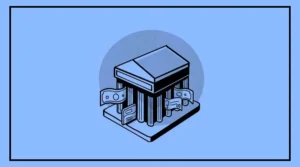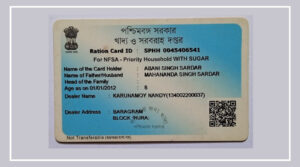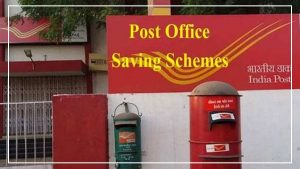The Department of Pension and Retirees’ Welfare (DoPPW) has introduced new rules for maintaining records of government retirees’ family members.
As per the guidelines, a daughter’s name cannot be removed from the list of family members eligible for a government employee’s family pension.
Once a government employee adds a daughter’s name to Form 4, she is officially recognized as a family member, regardless of her pension eligibility.
She remains eligible for the family pension until she marries, remarries, gains employment, or develops a physical or mental disability.
Unmarried, widowed, or divorced daughters over 25 years old may qualify for a family pension, provided their siblings are either financially independent or above 25.
Additionally, children with disabilities are given priority in pension eligibility.
Government employees must provide details of their spouse, children, parents, and disabled siblings at the time of joining, regardless of their pension eligibility.
Before retirement, they must also update this information along with their pension records.
Once a government employee includes a daughter’s name in the required proforma, she is considered part of their family. Therefore, her name will remain in the family records.
However, family pension eligibility will be determined only after the pensioner or family pensioner passes away, as per the rules.
Key Revised Details
Under the updated guidelines, a daughter is eligible for a family pension until she gets married, remarries, or starts earning a living, unless she has a physical or mental disability.
As per the Central Civil Services (Pension) Rules, 2021, the definition of family includes unmarried, married, and widowed daughters, including stepdaughters and adopted daughters.
However, concerns were raised about why a daughter’s name was removed from the family members’ list after a government employee’s retirement.
In cases where a female employee or pensioner passes away, her children can still receive a family pension, even if she was undergoing a divorce or legal proceedings.
This also applies if she had protective cases filed against her spouse.
If no eligible children are alive at the time of the woman’s death, the family pension will be given to the widower.
If he is the legal guardian of minor or disabled children, they will receive the pension first.
If the widower loses guardianship, the designated guardian will manage the pension.
Pension for Adult
Once eligible children reach adulthood, the pension will be transferred directly to them.
If no eligible children remain, the widower will continue receiving the pension until he remarries or passes away, as per Rule 50.
These revisions aim to ensure a fair and systematic distribution of the family pension, focusing on the welfare of children in different family situations.

























